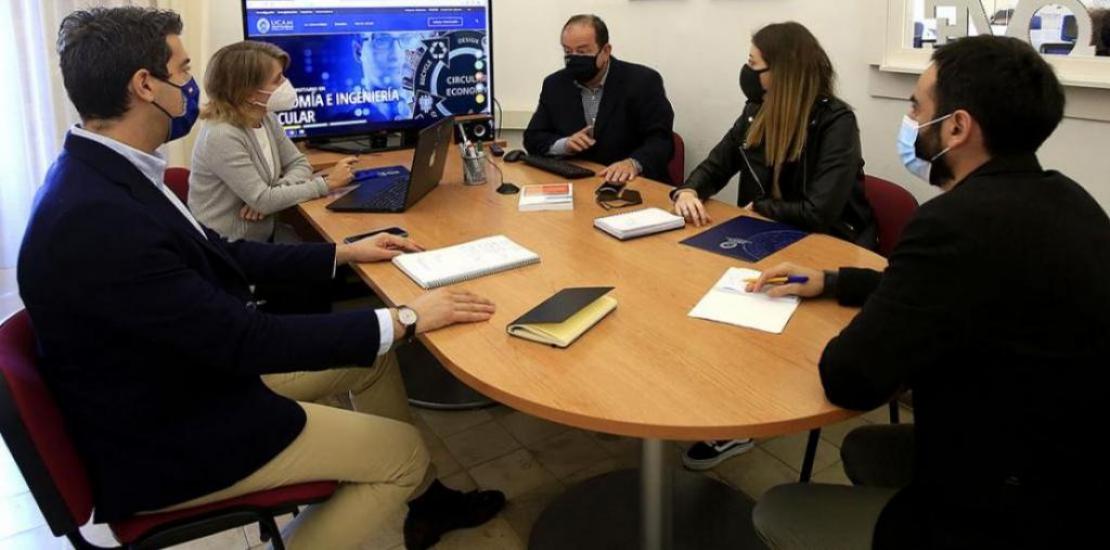The European Commission co-finances two UCAM projects on circular economy and industry 4.0
These researches are initiatives of the Chair of Social Responsibility and the International Projects Office of UCAM Universidad Católica San Antonio de Murcia
Bringing the keys of corporate social responsibility to the industry 4.0 and creating the figure of a circular economy manager for the agricultural SMEs are the two new challenges that UCAM is initiating, through the International Chair of Social Responsibility and the International Projects Office (OPRI). These two European projects, approved by the Erasmus+KA2 call and co-financed by the European Commission, will have a duration of two years.
Industry 4.0
‘Adaptation of strategies for corporate social responsibility to address the implications of the Industry 4.0’ (CSR in 4.0) aims to study the keys of the new industry 4.0 and its involvement with social responsibility policies. To this end, a course will be created in which European higher education students, focusing on the area of economics, will understand the ecosystem of the industry 4.0, thus complementing their training in CSR. In this way they will be able to take advantage of the opportunities that are emerging thanks to this new industrial revolution, which integrates innovation sectors such as robotics, artificial intelligence and data processing.
Circular economy
‘Designing the new job profile of the Circular Economy Manager to apply Circular Economy theory, techniques and practices in SMEs of the Food and Agriculture Sector’ (CieM 4 SMEs) will design the figure of an expert in the transition from the linear economy to the circular economy, to help SMEs belonging to the agri-food sector. The development of this figure, known as an agri-environmental operator, will be generated through synergies in the research and academic fields between eight partners from six countries: Portugal, Spain, Greece, Slovenia, Cyprus and Italy.




